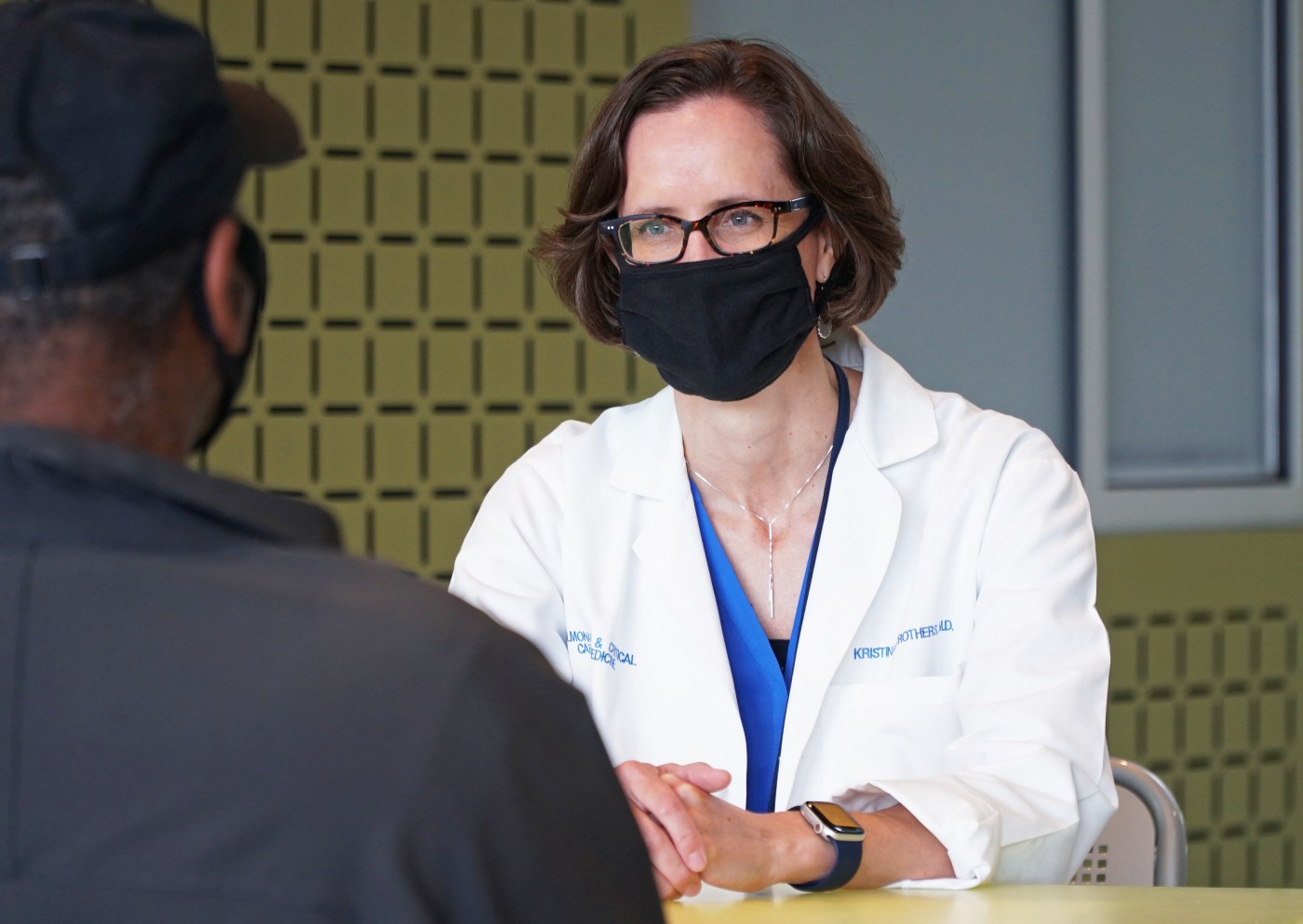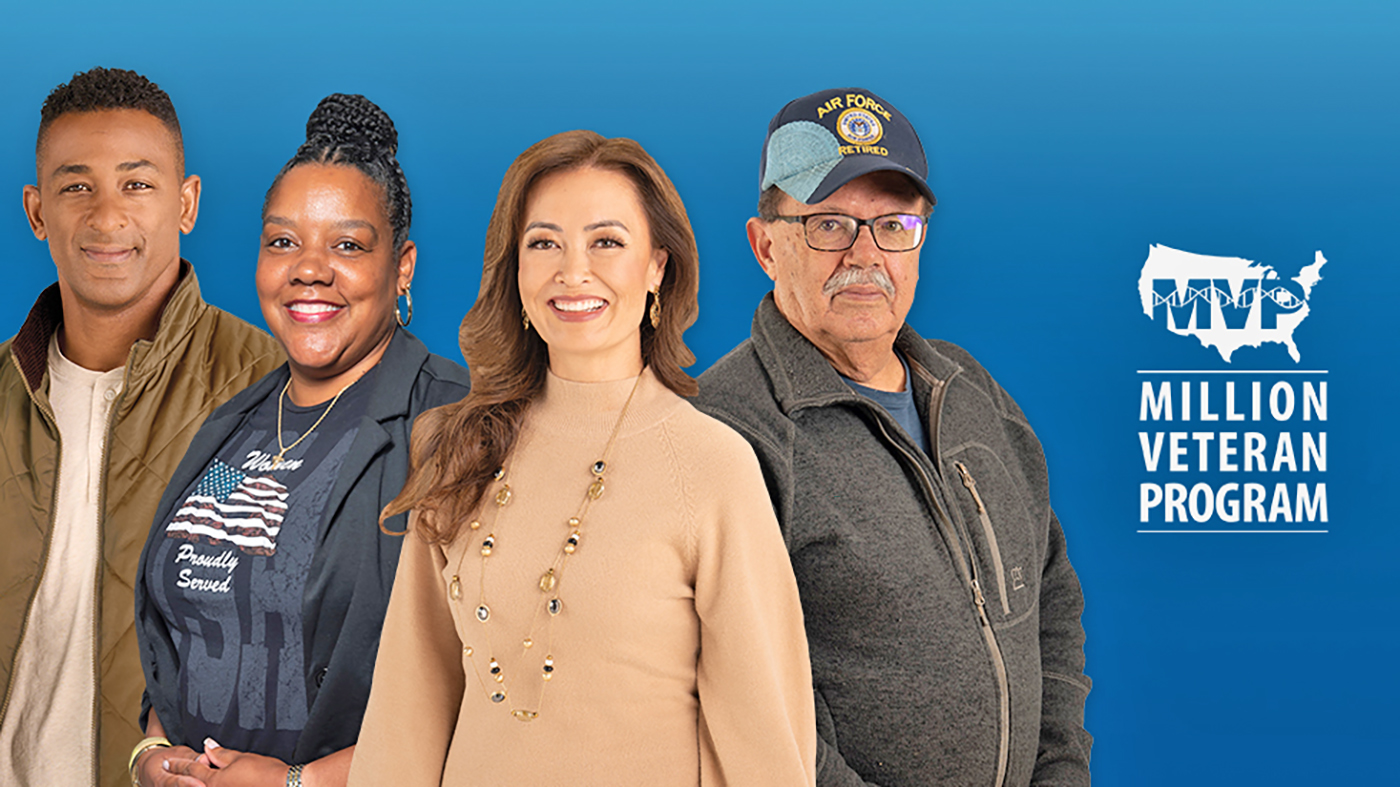For decades, VA has been using electronic health record data to explore patterns of care and the effectiveness of treatments. But the COVID-19 era has highlighted the challenges of getting such analyses right. To do so, one must have a deep understanding of the intricacies of VA data, including how reliable they are, the differences in patients who get certain treatments, and how COVID-19 therapies have changed over time.
The disease has created a need and an opportunity for VA to improve the quality of the analyses using electronic health record (EHR) data by drawing on the collective knowledge of researchers with decades of experience conducting observational studies.
That’s the thinking behind VA’s COVID Observational Research Collaboratory. The initiative brings together VA experts to analyze the use and effects of drugs with clinical partners interested in the safety and efficiency of COVID-19 therapies. VA’s Health Services Research and Development Service (HSR&D), Clinical Science Research and Development Service, and Cooperative Studies Program established the collaboratory soon after the pandemic took hold earlier this year.
`Analyses that have the most promise’
“We want to work systematically to support analyses that have the most promise to be useful and to complement efforts of clinical trials,” says HSR&D director Dr. David Atkins, the head of the collaboratory. “We want to reuse what we learn from each study to improve the quality of the data and the design of observational treatment studies. The feeling is there may not be only one way to do analysis, but there certainly are problems to avoid and ways to probably do it better. The more we can communicate and learn from each analysis we do, the hope is each one will get better and better and more efficient.”
The VA collaboratory was built on the model of similar programs set up by the U.S. National Institutes of Health (NIH) to try to improve coordination across projects and data methods. NIH’s National Center for Advancing Translational Sciences and the NIH Health Care Systems Research Collaboratory, for example, bring together research teams with complementary skills, experience, and knowledge to accelerate learning in specific areas, such as non-opioid therapies for chronic pain.
`Grasping for straws’
Similarly, VA is trying to unite scientific experts who have been working on similar questions to expand its understanding of COVID-19 treatments in a Veteran population. The goal is to then improve approaches to using VA data by getting input from a range of experts in pharmaco-epidemiology—the long-term study of medications—and data methods.
The collaboratory has created two work groups: The prioritization work group is identifying important questions related to COVID-19 therapies, in collaboration with similar efforts at the U.S. Food and Drug Administration (FDA), that could be investigated using EHR data. The other work group is addressing ways to improve the underlying data and methods used to address these questions. The collaboratory is examining three classes of drugs: the antiviral drug remdesivir (trade name Veklury), anticoagulants (blood thinners), and corticosteroids, which provide relief for inflamed areas of the body.
The collaboratory’s goals have changed over time. When the pandemic first broke, there were no effective treatments and “people were kind of grasping for straws,” Atkins explains. The thought was to use observational data to see what researchers are trying and whether something seemed to be working with the aim of testing it in a clinical trial, he notes.
A `unique opportunity’
Through the collaboratory, VA has a “unique opportunity” to examine questions about COVID-19 drugs due to its population size and the quality of its EHR data, Atkins notes.
“There was a danger that multiple VA teams would be competing with each other to do analyses as quickly as possible,” he says. “Especially in an era of preprints, there is a concern that the first VA study to get attention wouldn’t be the best VA study. We’re trying to set up a coordinating center not only to review a research team’s study protocol, but also so the analysis and manuscripts would get vetted before being submitted. That’s one of our top priorities as we move forward with the collaboratory.”
More Information
Click here to read the full story.
Click here to learn more about VA COVID-19 developments.
Click here to learn more about VA research.
Topics in this story
More Stories
Diverse representation of women in health care research allows MVP to make discoveries for women’s health
Join the Million Veteran Program online. You will have the option to receive an at-home blood sample collection kit in the mail.
VHA's new podcast series, New Horizons in Health, features a candid discussion of psychedelic assisted therapies for Veterans experiencing mental health conditions.






